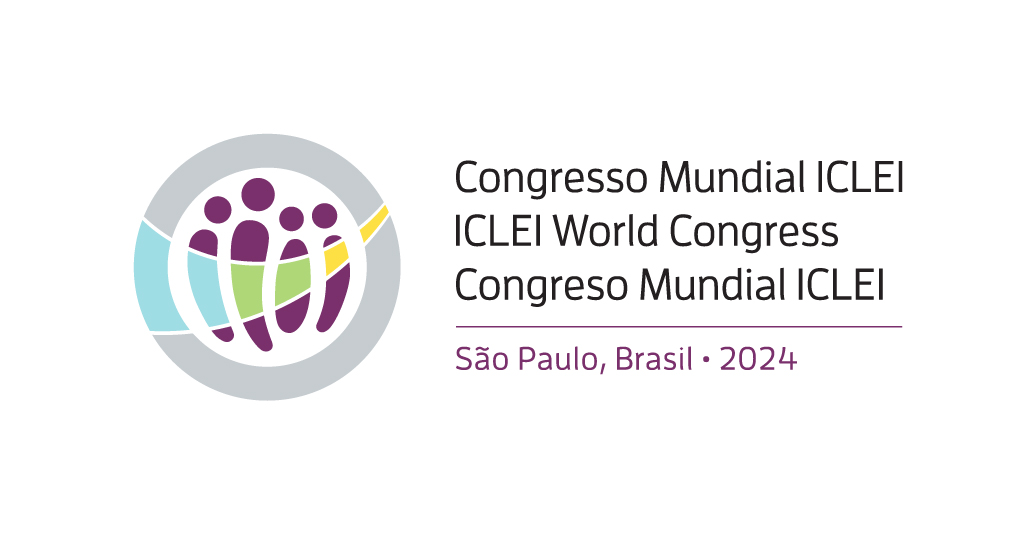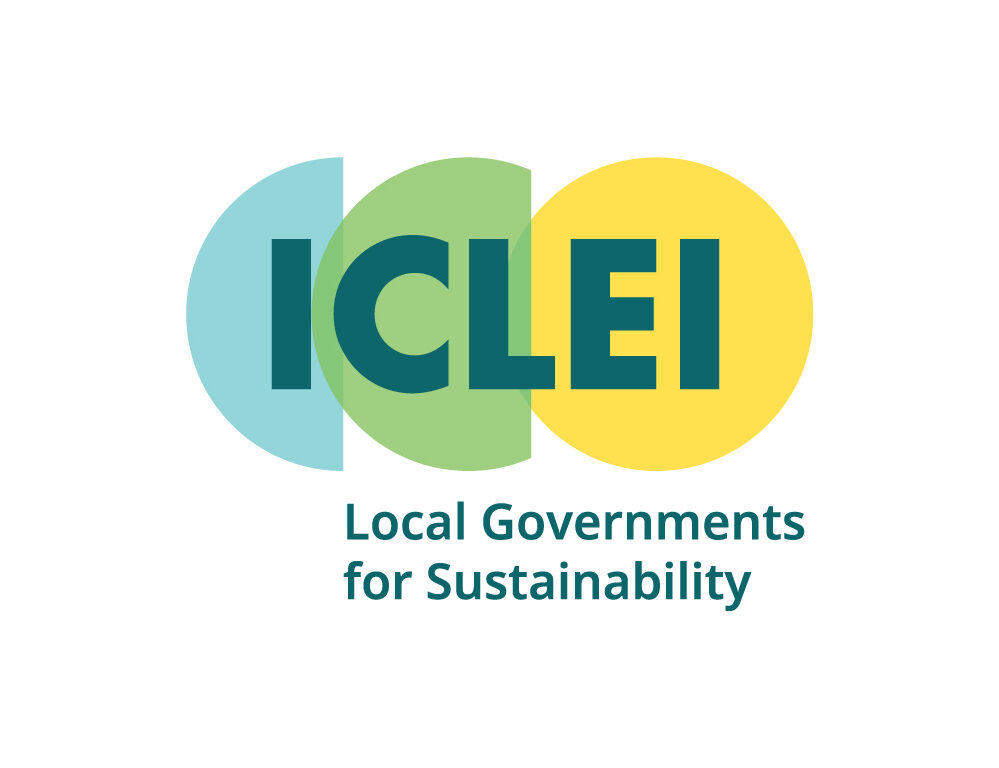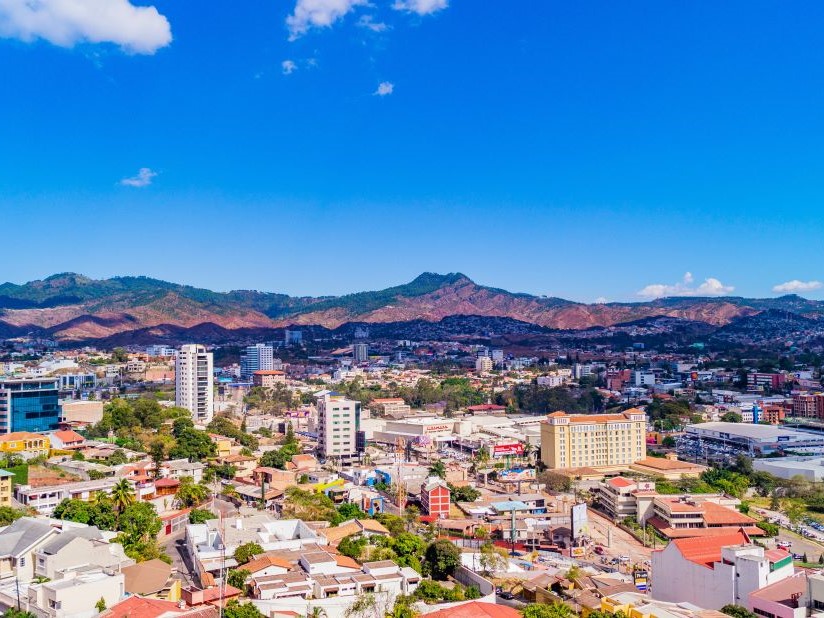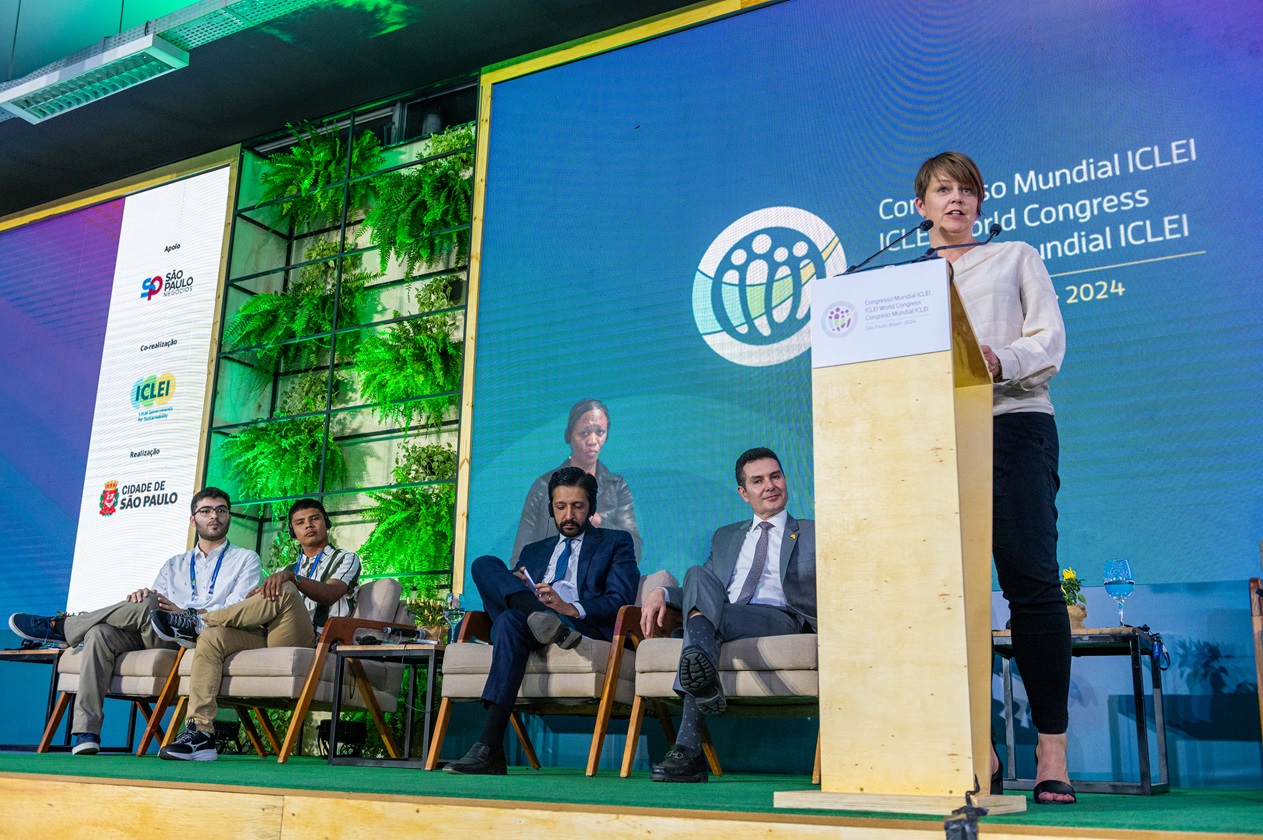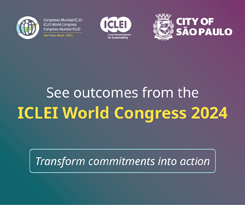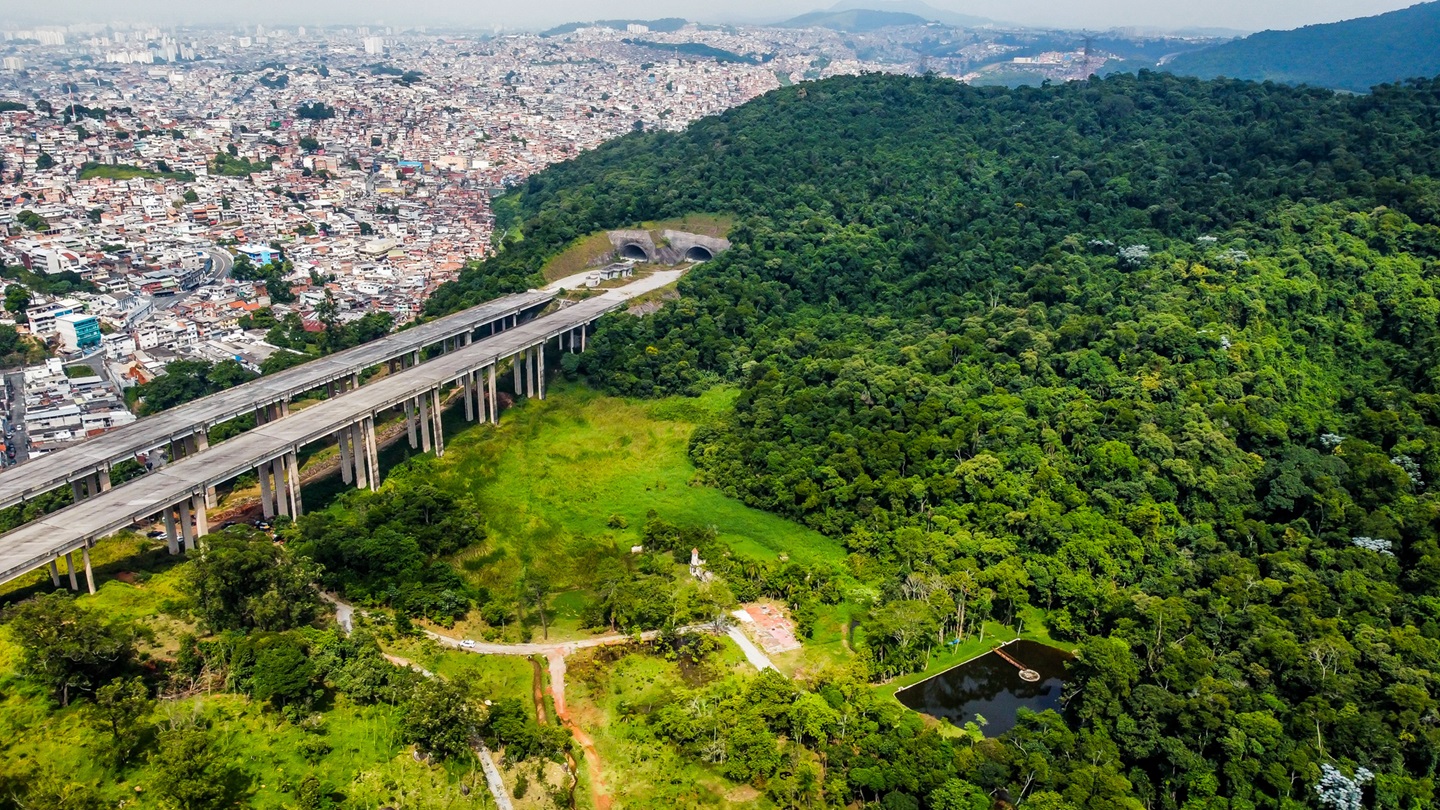
Photo: Prefeitura do Município de São Paulo
Three ways São Paulo charts a greener today – and tomorrow
02 May 2024
By Barbara Riedemann, ICLEI – Local Governments for Sustainability
In 2009, the City of São Paulo made history by passing the Municipal Policy for Climate Change, making it the first city in Brazil to pass such legislation. Since then, this 12 million-people megacity has emerged as a shining example of dedication and progress towards sustainability. Central to this effort is São Paulo’s Action Plan for the Agenda 2030, comprising over 600 actions towards achieving the UN’s Sustainable Development Goals (SDGs).
“The City of São Paulo has the SDGs at the center of all its public policies, guiding the Goals Program and the city’s Multi-Year Plan. We are following a path with no return towards a sustainable future for all,” stated São Paulo Mayor Ricardo Nunes.
On 18-21 June 2024, the city will host the ICLEI World Congress 2024, a triennial gathering of the network of ICLEI – Local Governments for Sustainability that brings together leaders and stakeholders to advance environmental goals and foster international cooperation on sustainability. São Paulo’s hosting role will underscore its leadership in the global sustainability movement. Here, we spotlight three key areas where the city is rapidly advancing on integrated and innovative sustainability approaches.
Preservation of green areas on an unprecedented scale
Last February, the City of São Paulo declared the acquisition of 32 private green areas as a public utility. Combined, they encompass 16,531 hectares, representing 11 percent of São Paulo’s territory, equivalent to the size of Paris or 15,500 football fields.
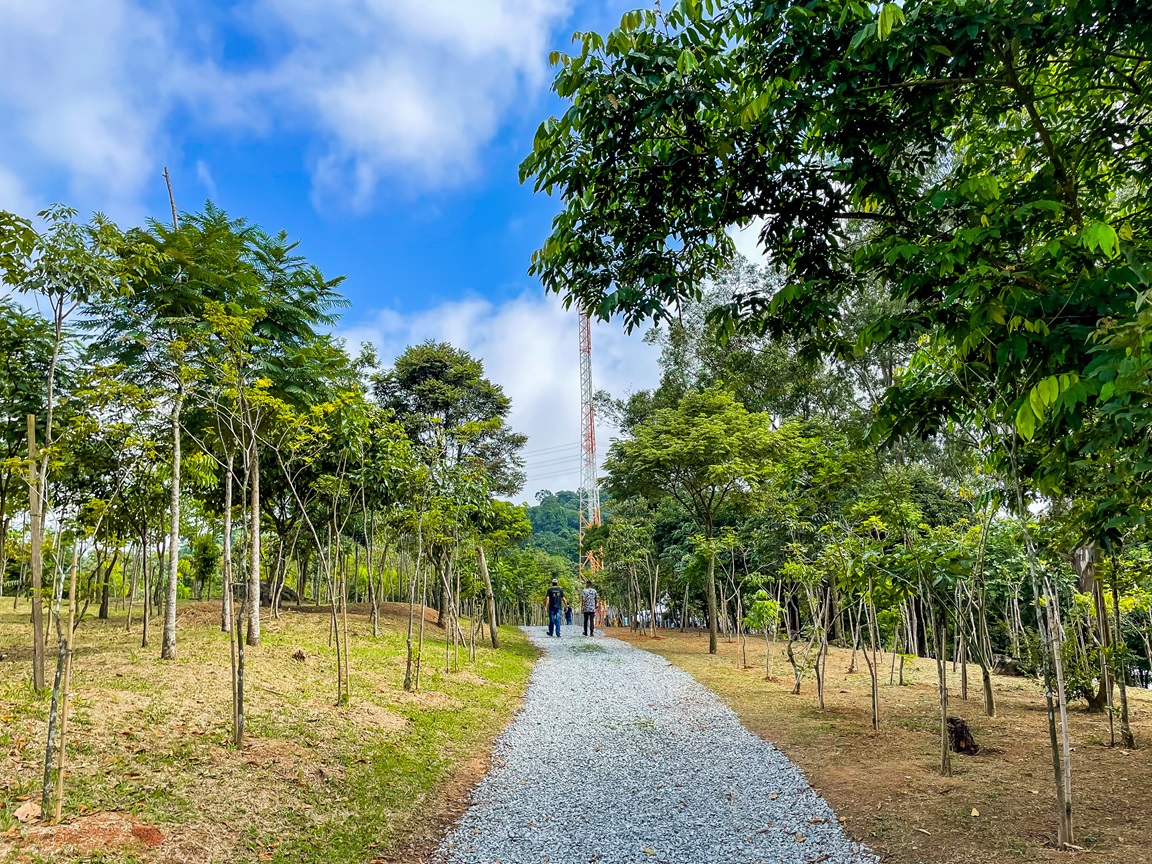
With this addition, São Paulo supplements the 18,280 hectares already under preservation. As a result, the city will now have 26 percent of its territory safeguarded under municipal, state, or federal management, which includes parks and indigenous areas with native forests and springs.
São Paulo boasts a remarkable “green” status, with over 50 percent vegetation coverage across its territory; that’s why preserving part of these natural assets is fundamental to the city’s sustainability commitment.
Other actions include planting nearly 85,000 trees last year and the Rain Garden Program. This initiative has the largest network of such gardens in Latin America, with 320 already established and plans for 400 by year-end.
Driving sustainable urban public transport
Brazil ranks second globally in bus fleet electrification, only behind China, with São Paulo boasting the largest fleet of electric buses in Latin America.

With ambitious goals to cut carbon emissions by 50 percent by 2028 and achieve complete eradication by 2038, the megacity has secured US$2 billion to introduce 2600 e-buses by the end of 2024 and have 20 percent of its bus fleet powered by sustainable energy.
“62 percent of carbon dioxide emissions in São Paulo come from vehicles, amounting to seven million vehicles per day, with half of these emissions stemming from the city’s transportation fleet. Understanding this data underscores the urgent need for decisive action to reverse this situation,” emphasised Mayor Nunes.
Expansion of the public transportation network includes new trams powered by underground electrical systems and new bicycle lanes, which São Paulo officially recognises as a key piece of its transportation matrix. Five new bus corridors were built to reduce passenger transit time, while plans for water transportation terminals in southern São Paulo aim to slash the two-hour bus ride downtown to just a 20-minute aquatic journey.
Cultivating food security and urban farming
The Fight Food Waste and Loss Program collects surplus fruits and vegetables, preventing disposal from free fairs and municipal markets. Similarly, the city’s food bank buys fresh produce from family urban farms and redistributes surplus food from retail chains to registered assistance entities. This year, 321 tons of products have been delivered.
The city also has established programmes that offer essential goods at 50 percent lower prices for low-income residents. Other programmes provide free or very inexpensive meals for vulnerable communities, totalling over 2 million meals served in 2023.
Recognising urban agriculture’s multifaceted benefits, the SAMPA+RURAL Program aims to establish 400 urban farms and five school greenhouses by 2024. The programme’s online platform hosts over 2,600 initiatives, allowing citizens to discover local farmers and access eco-tourism options. São Paulo is thus creating a sustainability hub, fostering rural and urban agricultural development while promoting healthy living.
At the ICLEI World Congress 2024 in June, the host City of São Paulo will bring these exciting strategies to life – and all are invited to join. Thanks to the generous support of São Paulo, there is no charge for participation but space is limited, and securing a spot through pre-registration is required.


